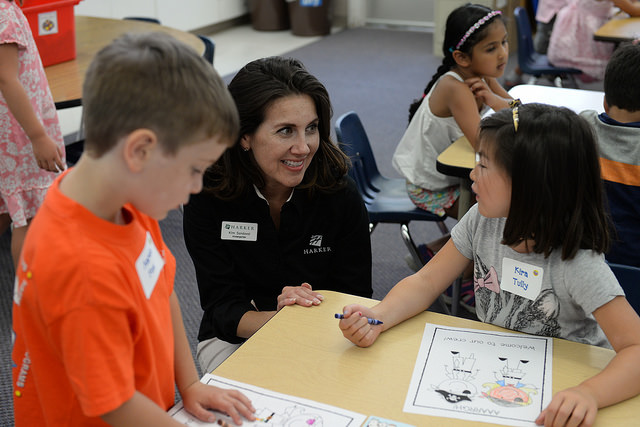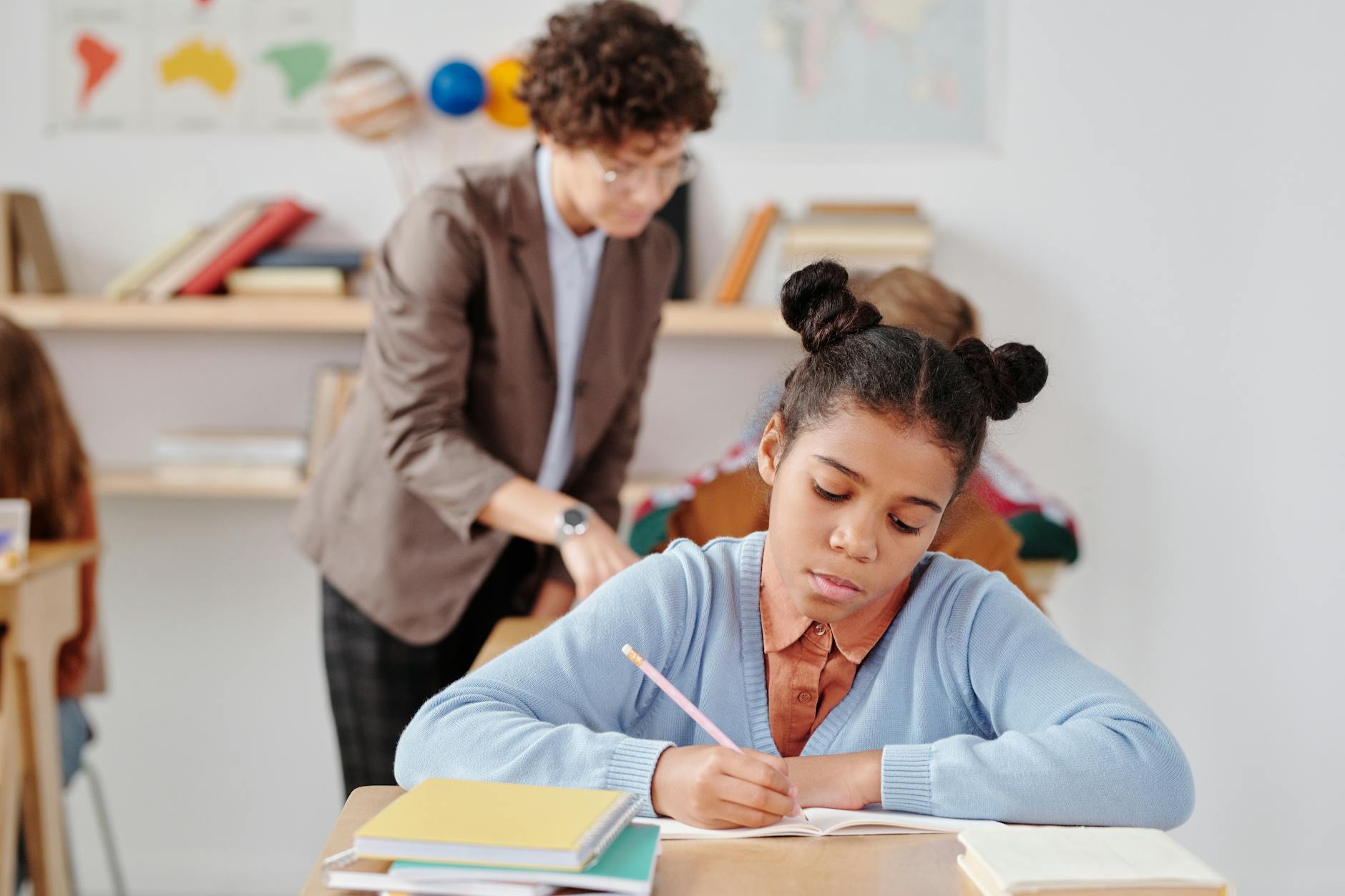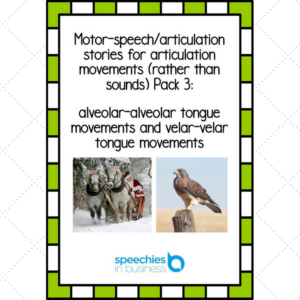Is your child ready for school? What Kindergarten teachers say
Around this time of the year, many parents of 4-5 year olds are pulling their (sometimes scant) hair out trying to decide whether their children should start school next year. Experts of all stripes claim to be able to tell whether a child is ready. But here’s an idea: why not ask those actually dealing with young kids in their first year at school? In other words:
the Kindergarten teachers!
Tanya Serry and her colleagues did just that. They sent surveys to 250 Kindergarten* teachers in Melbourne, Australia, asking them to identify factors contributing to a successful transition to school.
153 teachers responded. So what did they say?
A. Brain and self-care readiness
Kindergarten teachers wanted children on day one of school to:
- be toilet trained;
- be able to dress themselves (except tying shoelaces);
- care for personal belongings;
- eat snacks and lunch independently;
- pay attention and concentrate (though there was no consensus on for how long);
- count from 1 to 10;
- know the alphabet;
- know their names and how to write their names; and
- share and take turns.
B. Social readiness
No real surprises here. Kindergarten teachers surveyed wanted children to:
- be able to share and take turns with other kids;
- play with others;
- engage with both children and adults;
- be able to separate from Mum and Dad confidently; and
- have some resilience.
C. Speech and language readiness
Kindergarten teachers preferred children to be able to:
- communicate in words;
- speak clearly;
- express their needs; and
- listen to and follow instructions.
D. Physical readiness
Kindergarten teachers were most concerned about fine motor skills, particularly being able to use scissors and a pencil.
E. Learning readiness
Kindergarten teachers wanted children to be capable of:
- engaging in learning;
- persistence;
- work;
- having a go; and
- making choices.
F. Age readiness?
Interestingly, a majority of the kindergarten teachers who responded to the survey suggested that children need to be older than 5 years to start school.
G. Other things that help
Many teachers thought that previous pre-school experiences, formal orientation programs, good school staff and positive parent attitudes also contributed to a successful first year.
Clinical bottom line
The study had some limitations – for example, only 61.2% of Kindergarten teachers who received the survey responded. But the key themes are broadly consistent with previous research and make sense.
Starting “big school” is a big deal and parents are right to feel some trepidation about making the call. We’ve known for decades that a child’s first year at school can affect their later school success (e.g. Luster & McAdoo, 1996).
“School readiness” includes anything that affects a child’s readiness to learn. It isn’t just one set of skills. The Kindergarten teachers who filled in this survey thought kids are more likely to succeed in their first year if they have sufficient emotional, self-care, social, language and motor skills, and maturity, and can fit into school routines.
Principal source: Serry, T., Imms, C., Froude, E., Joffe, B., Heine, C., Merrigan, C. (2014). Preparatory teachers’ perceptions of school readiness: a survey of Victorian teachers. The Australian Educational Researcher. 41: 109-124.
* Explanatory note: In Victoria, the first year of primary school is called “Prep”. In New South Wales, we call this first year “Kindergarten”. Confusingly, Victoria refers to what we in New South Wales call “Pre-school” as “Kindergarten”. As a Victorian by birth, managing a clinic based in New South Wales, I have taken it upon myself to “translate” the Victorian references into terms my Sydney clients and their families will understand. For international and interstate readers, I lament our Nation’s inability to use the same terms to mean the same things and apologise on its behalf.
Related articles:
- Is your child ready for school? Focusing on what matters most
- Beyond school readiness: 7 signs that your Kindergarten, Year 1 or Year 2 child may have a language delay
Image: http://bit.ly/1OeiExp

Hi there, I’m David Kinnane.
Principal Speech Pathologist, Banter Speech & Language
Our talented team of certified practising speech pathologists provide unhurried, personalised and evidence-based speech pathology care to children and adults in the Inner West of Sydney and beyond, both in our clinic and via telehealth.









 Motor-speech stories for articulation movements pack 3: alveolar-alveolar and velar-velar
Motor-speech stories for articulation movements pack 3: alveolar-alveolar and velar-velar